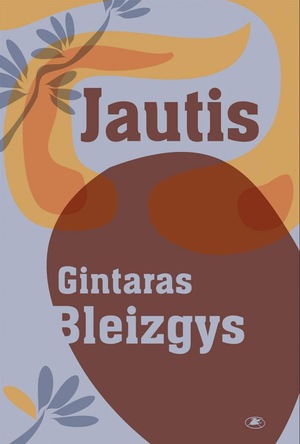Like an ox’s lick 5
In brief: Essay today is prone to ease and diffusion of genres. The narrator in G. Bleizgys book Ox (Jautis, Vilnius: Lietuvos rašytojų sąjungos leidykla, 2016.) is able to reflect on a mother's death in one paragraph and to interpret Arnas Ališauskas' poem in the other. However, such choice does not prevent the reader from following the lines of the text and draws one into poetically and sensitively reflected authentic events as well as existential ponderings about life, death and continuity.
Author of the mid-generation is known as a poet. In his poems he sensitively highlights the tense relationship between an individual and nature; he has been awarded with Jotvingiai, Leonidas Jacinevičius, Julijonas Lindė-Dobilas, Jurga Ivanauskaitė and Antanas Miškinis' awards for his poetry. G. Bleizgys is different in his essays - he is developing a direction of personal existence. In his essay Ox, author resents the autobiographical details, opens up his real-life experiences and distinctively conveys his worldview.
The book includes texts created between 2009 and 2015. They divide the book into two parts (some essays have been previously published in the weekly newspapers Literature and Art (Literatūra ir menas) and Athens of the North (Šiaurės Atėnai). It is symbolic that the book was named after one essay – Ox. The figure of the animal is treated as a reflection of the narrator and is very important thematically and visually on the cover. It seems that the character perceives himself as a, ox, which has difficult but manageable tasks laid on its back.
Time category seems important in all the essays of the book. It forces the reader to rethink each text through today's realities, i.e. looking for parallels between 2009 or 2015, how time affects and changes a person. In his essays G. Bleizgys develops different topics than in his poems: from faith and Christianity he moves to the topics of family, death, a person's (poet's) place in the family and community.
Open story essays describe the events of the past - congresses of writers, work on editorial boards, the time spent in prison - that had changed the narrator's perception on life. In them, he opens up as a multifaceted personality, who cares about his family, friends, colleagues or neighbors. A dialog is developed between the author and a friend, author and his book reviewer.

